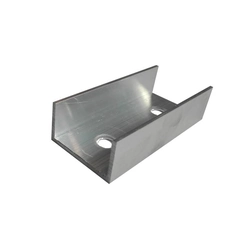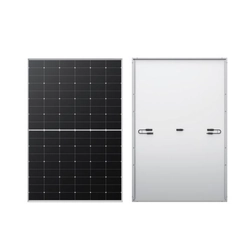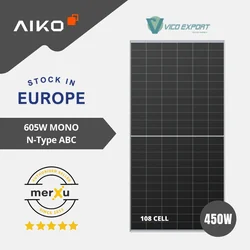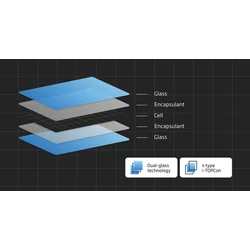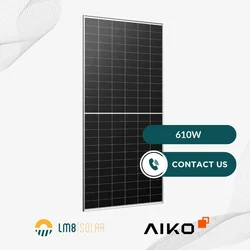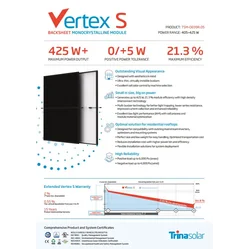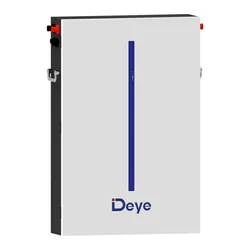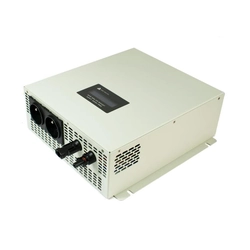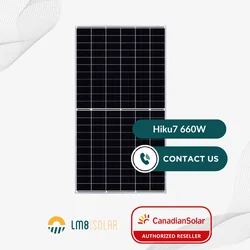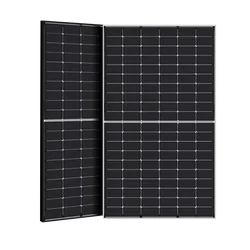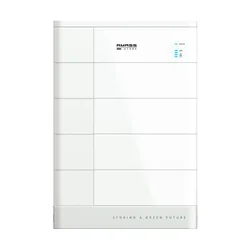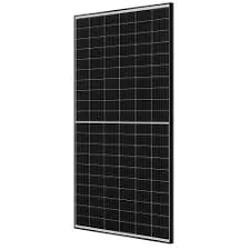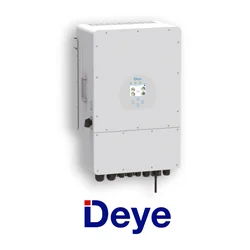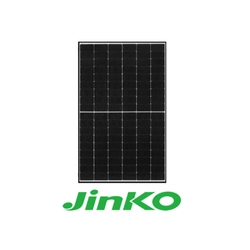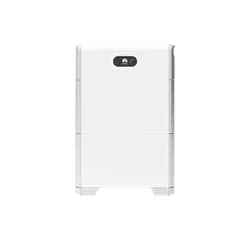Investing in Clean Energy Infrastructure
When considering the economics of renewable energy, it's vital to evaluate the investment required for clean energy infrastructure. While upfront costs for solar panels, wind turbines, and other equipment can be significant, government incentives and corporate sustainability goals often offset these expenses. In fact, economies of scale and technological advancements are driving prices down, making renewable energy more accessible to businesses of all sizes. Over time, the investment in clean power pays off by reducing operational costs, enhancing energy security, and improving a company's environmental footprint.
Top offers
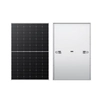
Photovoltaic module PV panel 435Wp Longi Solar LR5-54HTH-435M Hi-MO 6 Explorer Black Frame Black frame
PLN 268.00
–
PLN 299.00
/
1
pc.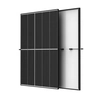
TRINA 440W Solar Panel Trina Vertex S+ PV Module TSM-440-NEG9R.28 N-Type Black Frame 440W 440 W
€68.30
/
1
pc.
Jinko photovoltaic module 480 480W JKM480N-60HL4-V BF
PLN 305.00
–
PLN 335.00
/
1
pc.
Huawei LUNA2000-10-S0 10kWh
€4,028.00
/
1
pc.Operational Savings and Competitive Advantages
The shift to renewable energy sources can lead to considerable operational savings for businesses. Decreased dependence on fossil fuels results in lower energy bills and reduced exposure to volatile fuel prices. Moreover, companies that embrace sustainability often gain a competitive edge, with heightened brand reputation and enhanced consumer trust. As an added benefit, adopting renewable energy practices may create opportunities for additional revenue streams, such as selling excess energy back to the grid or participating in carbon credit markets.

merXu Protected Payments
Photovoltaic module PV panel 430Wp Longi Solar LR5-54HTH-430M BF Black frame
Starting at
€58.62
+VAT
PLN 254.00
Compare 9 offers
€0.136
/ Wp
Compare 2 offers
€0.142
/ Wp
merXu Protected Payments
Trina Solar 435W NEG9R.28 N-Type Double Glass Black Frame
Starting at
€60.00
+VAT
Compare 8 offers
€0.138
/ Wp
Compare 5 offers
€0.124
/ Wp
merXu Protected Payments
Deye RW-M6.1 Energy storage 51.2V 120Ah LiFePO 4
Starting at
€1,230.00
+VAT
Compare 10 offers
€1,230.00

merXu Protected Payments
Solar converter for water heating AZO ECO Solar Boost MPPT-3000 PRO 3.5kW
€230.60
+VAT
PLN 999.19
Compare 26 offers
€1,700.00
Long-term Profitability and Economic Growth
Although the initial expense of transitioning to renewable energy may seem daunting, the long-term profitability prospects are promising. As renewable energy becomes increasingly cost-effective, businesses stand to reap significant financial rewards. Additionally, the global shift towards green energy is spurring economic growth, creating jobs, and fostering innovation in the burgeoning clean technology sector. By investing in renewable energy now, companies can position themselves for success in a future powered by clean, abundant, and sustainable resources.
Check the offer
€0.142
/ Wp
merXu Protected Payments
Jinko Solar photovoltaic module 475 475W JKM475-60HL4-V BF
Starting at
€75.93
+VAT
PLN 329.00
Compare 9 offers
€0.151
/ Wp
Compare 11 offers
€0.119
/ Wp
merXu Protected Payments
DEYE Three Phase Hybrid Inverter SUN-10K-SG04LP3-EU
€1,678.96
+VAT
PLN 7,275.00
Compare 36 offers
€1,550.00

merXu Protected Payments
JINKO JKM440N-54HL4R-V 440W Black frame (Tiger neo N-Type)
€71.77
+VAT
PLN 311.00
Compare 11 offers
€0.119
/ Wp
merXu Protected Payments
Jinko Solar 575W JKM575-72HL4 BDV Black Frame Bifacial Photovoltaic Module
Starting at
€90.01
+VAT
PLN 390.00
Compare 3 offers
€0.157
/ Wp
Compare 11 offers
€4,019.40
